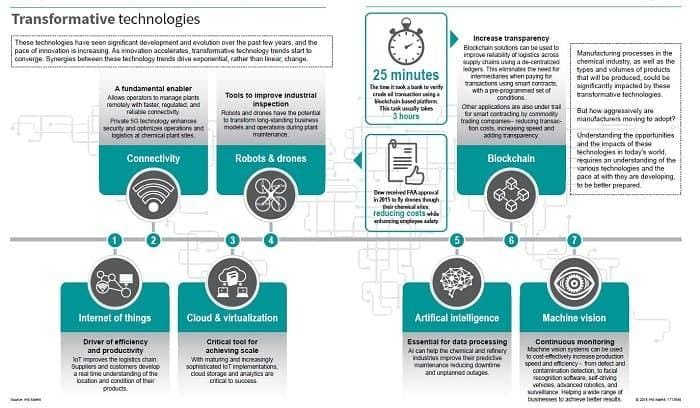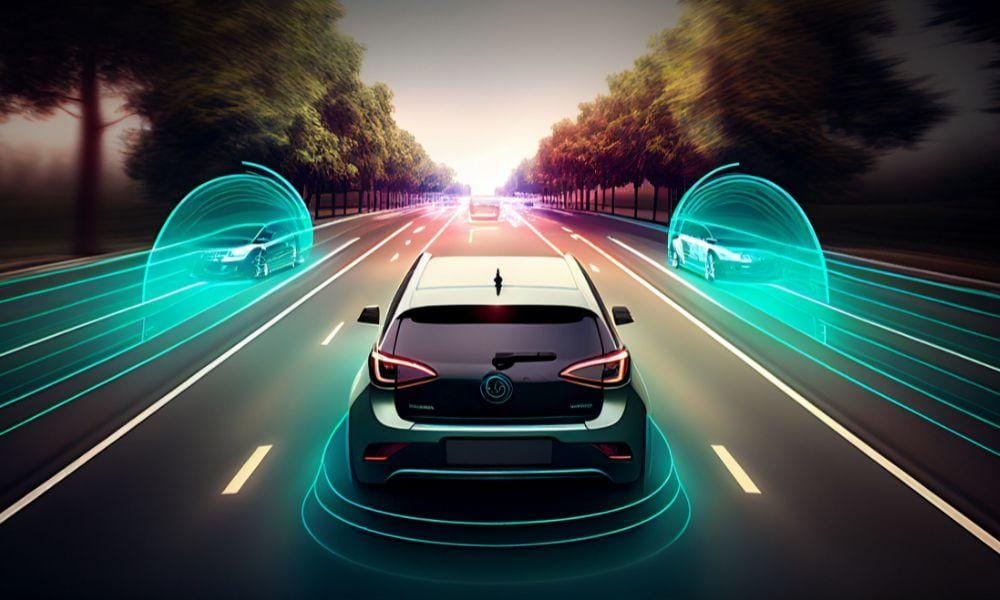Table of Contents
As we stand at the intersection of technology and tradition, the automobile industry is poised for a transformation unlike any in history. The roar of engines is slowly giving way to the whisper of electric motors, marking a pivotal shift in how we perceive mobility. This era, defined by innovation, promises not only to revolutionize our driving experiences but also to reshape our cities and communities.
From autonomous vehicles to connected cars, the innovations driving this change are accelerating at an unprecedented pace. With each advancement, the promise of a more sustainable, efficient, and user-centric approach beckons. As we explore the future of cars, we embrace the possibilities that lie ahead, charting a course into a realm where innovation knows no bounds.
Transformative Technologies Shaping Tomorrows Vehicles
The automotive landscape is rapidly evolving, driven by cutting-edge innovations that redefine traditional paradigms. With the surge of electric vehicles (EVs), lithium-ion technology has advanced significantly, deriving greater efficiency from compact power cells. Autonomous driving technologies are also making waves, incorporating machine learning and computer vision to enhance safety and convenience on the roads.
Additionally, connected vehicle technology offers seamless integration with smartphones, enabling real-time traffic updates and remote diagnostics. This connectivity fosters a new era of collaborative driving experiences. In the future, innovations like Augmented Reality (AR) interfaces may transform how drivers navigate their journeys, merging the digital and the physical landscapes into a singular, user-friendly experience.

Sustainability on the Move: The Shift Towards Eco-Friendly Innovations
The automotive industry is undergoing a transformation, integrating sustainable practices and eco-friendly technologies into everyday vehicles. Innovations such as electric and hybrid engines not only reduce emissions but also enhance fuel efficiency. Car manufacturers are now focusing on recyclable materials, smart production methods, and energy-efficient processes to create a greener footprint in their operations.
As consumers become more environmentally conscious, companies are responding with powerful commitments to sustainability. Initiatives include:
- Implementing carbon-neutral production systems
- Utilizing renewable energy sources
- Developing state-of-the-art battery recycling programs
Moreover, advanced technologies such as autonomous driving and app connectivity are being optimized for sustainability. These innovations promise to lower traffic congestion, cut down on fuel usage, and further minimize the carbon impact of personal transportation. The future of driving is bright, green, and undeniably innovative.

Autonomous Driving: Navigating the Road Ahead with Confidence
As the promise of autonomous driving unfolds, a new era of transportation emerges, blending cutting-edge technology with unprecedented convenience. Advanced sensors and algorithms enable vehicles to interpret complex surroundings, ensuring safe navigation even in unpredictable conditions. The dream of hands-free travel is becoming a reality, allowing passengers to engage in activities previously hindered by the demands of driving.
Key components of autonomous driving systems include:
- LiDAR Technology: Provides precise 3D maps of the environment.
- Computer Vision: Enables real-time analysis of visual cues.
- Adaptive Algorithms: Learn and evolve from driving data.
To further understand the progress, consider this comparison of different levels of autonomous driving:
| Level | Description |
|---|---|
| 0 | No automation – human control required. |
| 2 | Partial automation – vehicles can assist in driving tasks. |
| 5 | Full automation – no human intervention needed. |

Connectivity and User Experience: Redefining the Modern Commute
In the age of innovation, modern commuting transcends mere transportation; it’s about seamless connectivity. Today’s vehicles integrate advanced technology, enabling users to interact with their environments like never before. With features such as:
- Real-time traffic updates
- Voice-activated controls
- Smart navigation systems
these enhancements ensure a smooth and efficient travel experience, allowing commuters to reach their destinations without frustration and delay.
User experience also embraces personalization and comfort. From adaptive seating arrangements to customizable infotainment systems, each journey can be tailored to individual preferences. Consider the following aspects that contribute to an enhanced commute:
| Feature | Benefit |
|---|---|
| Interior ambient lighting | Creates a relaxing atmosphere |
| Wireless connectivity | Ensures ongoing productivity |
| Smart climate control | Enhances comfort during travel |
By integrating these elements, the car experience becomes more than just a drive; it evolves into a personalized journey where connectivity and comfort coexist harmoniously.
The Way Forward
As we steer into the future of automotive innovation, it’s clear that the journey ahead is paved with exciting possibilities. The evolution of cars is not just about enhanced features but also a profound shift in how we perceive mobility.
Key takeaways include:
- Sustainability: The shift towards electric vehicles and eco-friendly technologies is reshaping our roads and reducing carbon footprints.
- Connectivity: Smart cars equipped with advanced tech are transforming the driving experience, offering unparalleled convenience and safety.
- Autonomy: The rise of autonomous vehicles promises to redefine transportation, making it safer and more efficient.
As we embrace these developments, it becomes crucial for us to remain informed and adaptable. The intersection of technology and automotive design is where the future unfolds, opening pathways we once only dreamed of. The roads ahead are not just highways but avenues of innovation that beckon us to explore. Buckle up; the ride is just beginning.



